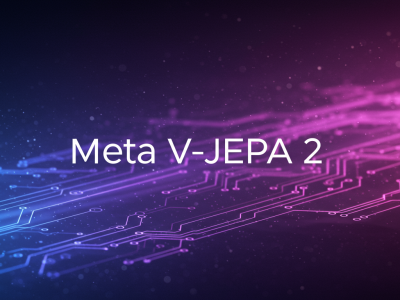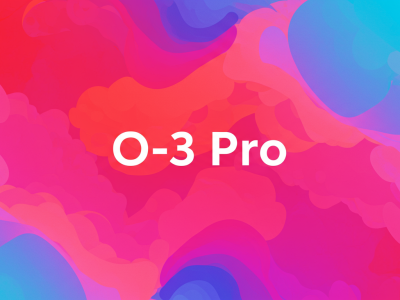Quick Take: The VS Code team just announced a massive move: they are open-sourcing the GitHub Copilot Chat extension under the MIT license and refactoring its core AI components directly into VS Code. This is their strategic play to transform VS Code into a true “open source AI editor,” increasing transparency and providing a stable foundation for the entire AI extension ecosystem.
🚀 The Crunch
🎯 Why This Matters: This is a massive move for the AI extension ecosystem. Devs building AI tools for VS Code will finally get full source access to the core chat components, making it easier to build, debug, and integrate their extensions. It also means more transparency into how Copilot works under the hood, and a stable, open foundation for community-driven AI development.
⚡ Developer Tip: If you’re an AI extension author, this is your cue to get ready. Start reviewing the existing Copilot Chat UX. Once the code drops, you can dive in to understand the architecture and plan how your extension can better integrate with the new core AI capabilities, or even contribute improvements directly.
Critical Caveats & Considerations
- It’s a Process: This won’t happen overnight. The refactoring and open-sourcing will happen “in the coming weeks.”
- Focus on the Chat Extension: The announcement is specifically about the Copilot *Chat* extension and its UI/UX components, not the entire backend Copilot service or the models themselves.
- Community Responsibility: Open source means the community will also play a role in finding and fixing security issues. It’s a shared effort.
🔬 The Dive
The Big Picture: Reaffirming Open Source in the AI Era. This is more than just a code dump; it’s a significant philosophical statement from the VS Code team. As AI becomes inextricably linked with the developer experience, they are doubling down on their founding principles: being open, collaborative, and community-driven. Instead of walling off their AI features, they’re opening them up to the community that helped build VS Code into the giant it is today.
💡 “As AI becomes core to the developer experience in VS Code, we intend to stay true to our founding development principles: open, collaborative, and community-driven.” – The VS Code Team
Why Open Source Now? The Rationale
The team laid out several key motivators for this shift from closed to open source for their AI tooling. Essentially, the AI landscape has matured to a point where secrecy is no longer a competitive advantage.
Why Open Source Now? The Rationale
- The “Secret Sauce” is Obsolete: LLMs have improved so dramatically that complex, proprietary prompting strategies are less critical. The value is moving from hidden prompts to open, effective UX.
- Standardized UX: The most effective UI treatments for AI chat are now common knowledge. By open-sourcing these common elements, the community can build upon a stable, shared foundation instead of reinventing the wheel.
- Empowering the Ecosystem: A vibrant ecosystem of open-source AI extensions has already emerged. Giving these authors source access makes it far easier for them to build, debug, and test their tools, fostering better integrations.
- Transparency and Trust: By opening the code, developers can see exactly what data is being collected, how it’s being handled, and contribute to making the system more secure. This is a direct answer to community questions about data privacy.
- Community-Powered Security: With malicious actors increasingly targeting developer tools, leveraging the global open-source community to find and fix security issues is a proven and powerful defense.
This move is a clear signal that VS Code sees its future not just as a code editor, but as a foundational, open platform for AI-assisted development.
TLDR: VS Code is open-sourcing its Copilot Chat extension and baking AI into its core. More transparency, better for extension devs, and a full commitment to being an “open source AI editor.” The future of AI in VS Code will be built in the open.




